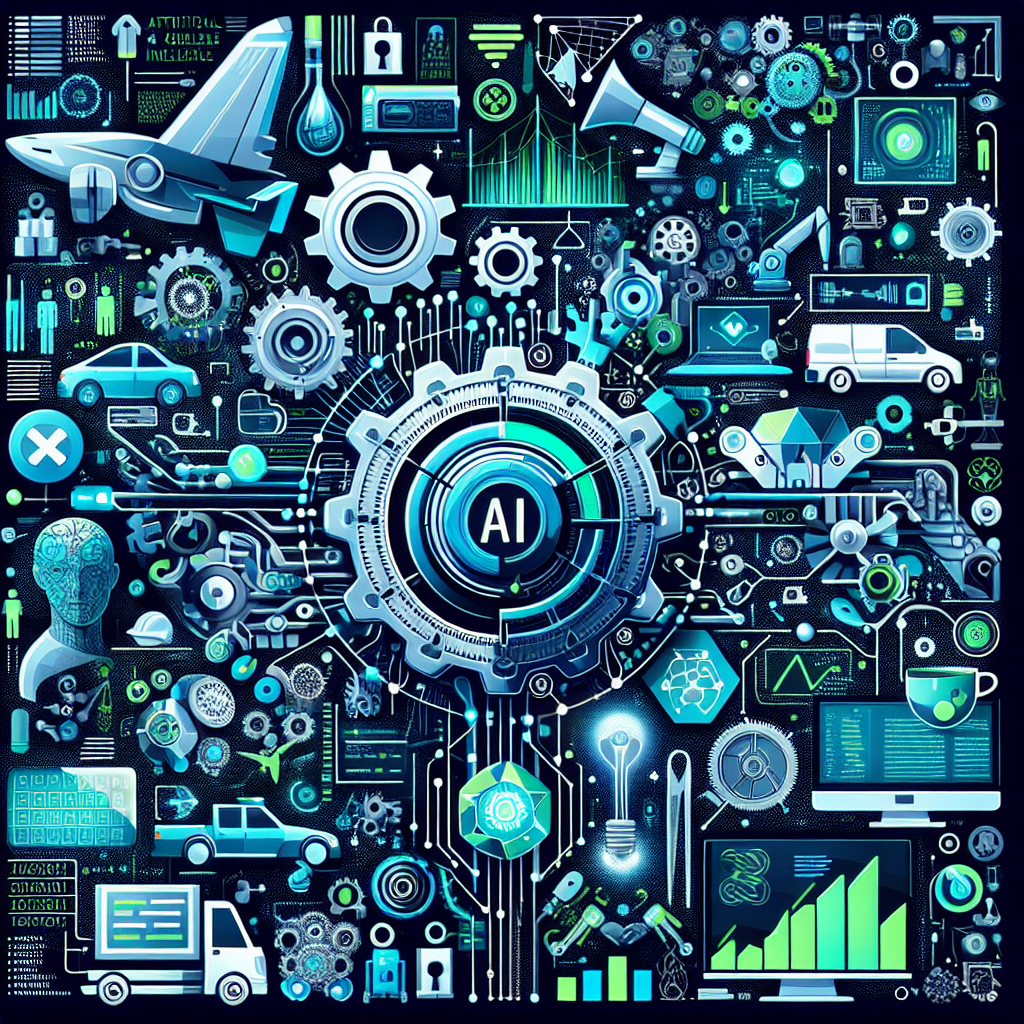Artificial General Intelligence (AGI) has long been a topic of interest and speculation in the field of artificial intelligence. AGI refers to a type of artificial intelligence that possesses the ability to understand and learn any intellectual task that a human being can. In other words, AGI is a form of AI that can think, reason, and problem-solve in a way that is indistinguishable from human intelligence.
The potential of AGI is vast and promising, as it has the ability to revolutionize industries across the board. From healthcare to finance to transportation, AGI has the potential to transform the way we live and work. In this article, we will explore the potential of AGI and how it could revolutionize industries in the near future.
Healthcare
One of the most promising applications of AGI is in the field of healthcare. AGI has the potential to revolutionize the way medical diagnoses are made and treatments are administered. With the ability to process vast amounts of data and make complex decisions, AGI can help doctors make more accurate diagnoses and recommend personalized treatment plans for patients.
AGI can also help streamline administrative tasks in healthcare, such as managing patient records and scheduling appointments. By automating these tasks, AGI can free up healthcare professionals to focus on providing quality care to patients.
Finance
In the financial industry, AGI has the potential to revolutionize the way investment decisions are made. AGI can analyze market trends and data at a speed and scale that is impossible for human analysts. This can lead to more accurate predictions and better investment strategies.
AGI can also help detect fraudulent activities in the financial industry. By analyzing patterns and anomalies in financial data, AGI can identify potential fraud before it occurs, saving companies millions of dollars in losses.
Transportation
AGI has the potential to revolutionize the transportation industry by making autonomous vehicles safer and more efficient. With the ability to process real-time data and make split-second decisions, AGI can help autonomous vehicles navigate complex traffic situations and avoid accidents.
AGI can also help optimize transportation routes and schedules, leading to more efficient use of resources and reduced carbon emissions. By analyzing traffic patterns and predicting demand, AGI can help transportation companies improve their services and reduce costs.
Other Industries
The potential of AGI extends beyond healthcare, finance, and transportation. AGI can also revolutionize industries such as manufacturing, agriculture, and retail. In manufacturing, AGI can help optimize production processes and improve quality control. In agriculture, AGI can help farmers increase crop yields and reduce waste. In retail, AGI can help personalize shopping experiences and improve customer satisfaction.
FAQs
Q: What is the difference between AGI and narrow AI?
A: AGI refers to a type of artificial intelligence that possesses the ability to understand and learn any intellectual task that a human being can. Narrow AI, on the other hand, is designed to perform specific tasks within a limited domain. While narrow AI is useful for tasks such as image recognition or natural language processing, AGI has the potential to think and reason in a way that is indistinguishable from human intelligence.
Q: How close are we to achieving AGI?
A: While AGI is still a long way off, researchers are making significant progress in the field of artificial intelligence. There are ongoing efforts to develop AI systems that can learn and reason in a more human-like way. However, achieving AGI will require significant advancements in machine learning, cognitive science, and computer science.
Q: What are the potential risks of AGI?
A: While the potential of AGI is vast, there are also potential risks associated with its development. One of the main concerns is the possibility of AGI surpassing human intelligence and becoming uncontrollable. There are also ethical concerns surrounding the use of AGI, such as issues of privacy and bias in decision-making.
In conclusion, the potential of AGI is vast and promising. From healthcare to finance to transportation, AGI has the potential to revolutionize industries across the board. While there are still challenges to overcome, the future of AGI looks bright. With ongoing research and development, we can expect to see the full potential of AGI realized in the near future.

